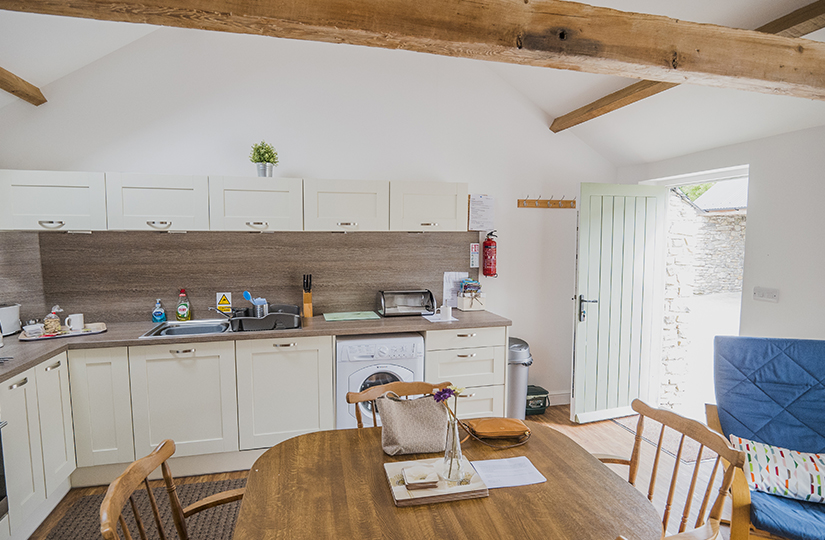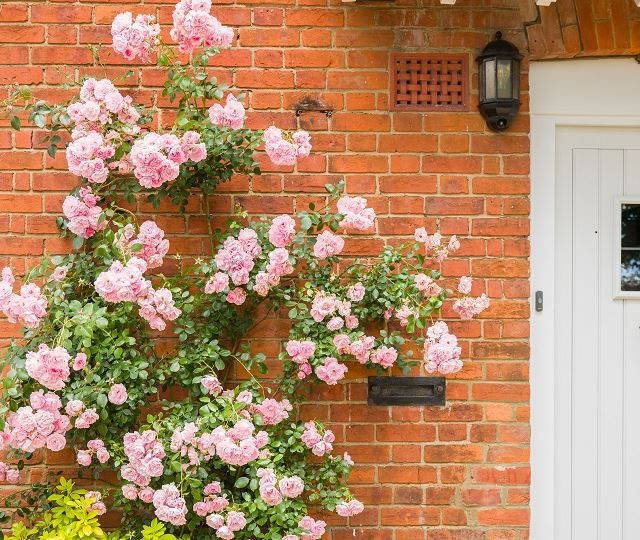Change in tax rules for employers providing living accommodation
Rural estates are reminded that the longstanding concession which allows accommodation to be provided to “representative occupiers” free from tax and National Insurance Contributions (NIC) will be withdrawn in April 2021.
Historically, HMRC has allowed a non-statutory exemption for the provision of living accommodation to employees who qualified as representative occupiers.
There have been three conditions to qualify for this representative occupier status:
1 . the employee lives in a house provided rent free by the employer; and
2 . the employee, under the terms of his/her contract, is required to live in that particular house and is not allowed to live anywhere else;
3 . the employee is reasonably required to live in that house for the better and more effectual performance of his or her duties.
However, HMRC announced last year that this concession will be withdrawn from 6 April 2021.
The change in the rules means that if you do provide accommodation to your employees, it is important to review the arrangement you have in place and identify if you are relying on the representative occupier exemption. If so, you will need to consider whether accommodation can still be provided free from tax and NIC under one of the statutory exemptions on offer.
ALTERNATIVE EXEMPTIONS?
There are three statutory exemptions for employer-provided accommodation which will continue to be available. These are:
1 . Customary and better performance exemption: where accommodation is provided for the better performance of the employee’s duties and it is customary for employers to provide living accommodation for that kind of employment.
2 . Necessary for the proper performance exemption: where the occupation of a particular property, and no other, is essential for the proper performance of the employee’s duties. HMRC accept that the following workers usually satisfy this criteria:
- Agricultural workers who live on farms or agricultural estates
- Caretakers living on the premises (but only where there is a genuine full-time caretaking job)
- Stewards and green-keepers living on the premises
However, this is subject to certain conditions being met.
3 . Special security exemption: where there is a special threat to the employee’s security, special security arrangements are in force, and the employee resides in the accommodation as part of those arrangements. In practice, it is very rare that employees would qualify for this exemption.
If none of the exemptions on offer apply, then the provision of living accommodation will become a taxable benefit in kind. If you haven’t done so already, now is the time to take advice from your accountant about whether contracts and arrangements need to be changed prior to the new rules being implemented.
If other costs are paid in connection with the accommodation, such as council tax and utilities, the tax treatment of these payments should also be reviewed.






